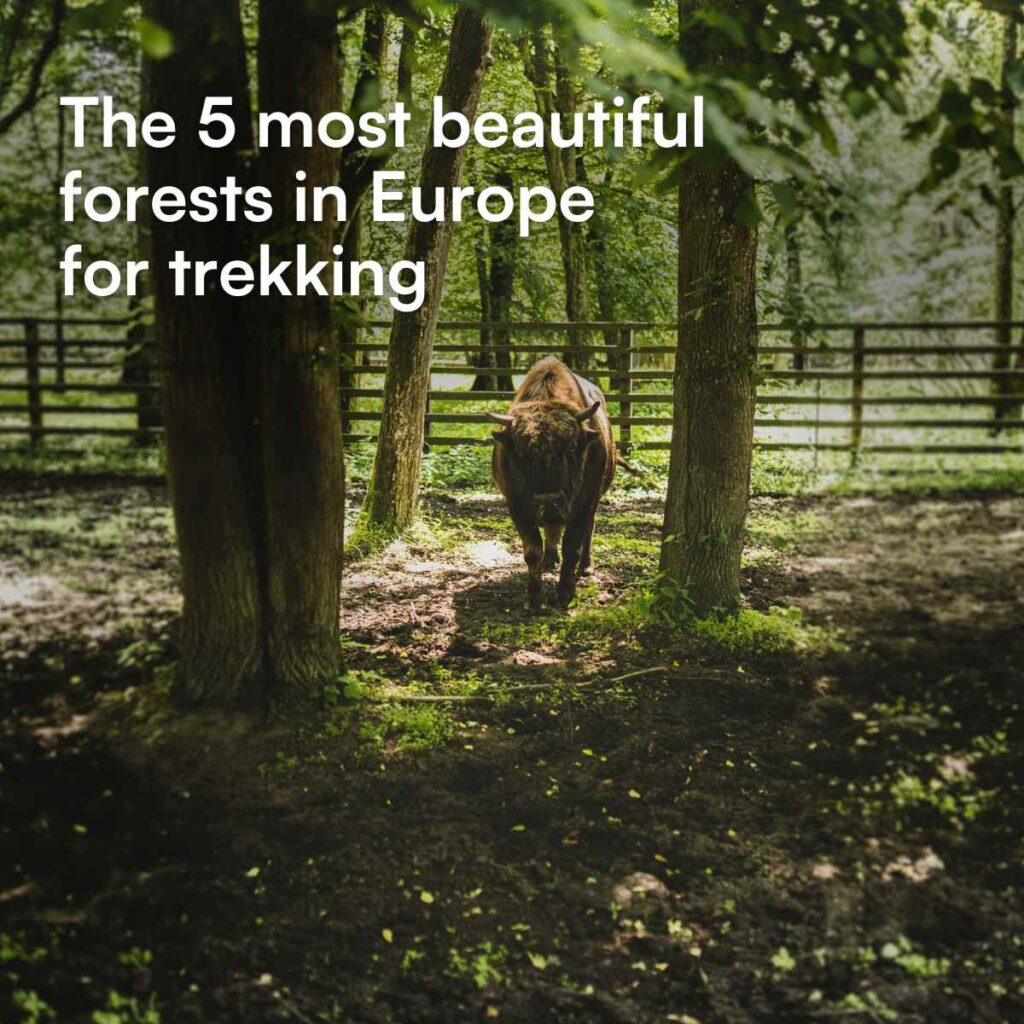Most people underestimate these 5 tips for a mountain hike. Don’t make the same mistake. Whether you’re a regular hiker or a tourist experiencing the mountains for the very first time, careful planning can make the difference between an unforgettable adventure and a tough day out.
In this article, you’ll find five essential things to keep in mind before setting off on a mountain trek. They’ll help you enjoy your hike safely while respecting the natural environment that surrounds you.
Study the route before you set off
The first step to starting a mountain trek on the right foot is to know the trail you plan to take.
Always check:
- Route length (how many kilometers you’ll need to walk).
- Elevation gain (how much uphill you’ll need to climb).
- Difficulty level – for this, you can refer to the CAI classification system:
- Tourist Trail – Easy – up to 500 m elevation gain
- Hiking Trail – Moderate – up to 1,000 m elevation gain
- Expert Hiking Trail – Difficult – over 1,000 m elevation gain
If you’re not sure about your abilities, use these parameters as a guide. It’s always better to pick an easier trail and enjoy the day than to push yourself into a situation that’s too demanding.
Tools like Mountain Maps can help you with detailed trail descriptions and allow you to download the GPS track in advance.
2. Always check the weather before your hike
In the mountains, the weather can change within minutes. A clear sky in the morning can quickly turn into a thunderstorm by the afternoon.
To hike safely in the mountains, check the weather forecast the day before and again just a few hours before setting out.
If conditions don’t look good, don’t hesitate to postpone your trek: the mountains will still be there, and you’ll have plenty of other chances to enjoy them safely.
3. Bring the right gear with you
One of the most common mistakes hikers make, whether beginners or more experienced, is about what to pack in their backpack.
If you’re wondering what to bring to the mountains, here’s a list of essentials you should always carry with you:
- Let’s start with one of the most important things: water.
For someone in the mountains on a day hike, it is recommended to carry at least 2 liters of water, but the actual amount depends on several factors such as the duration of the hike, weather conditions (dry air increases consumption), fitness level, and the availability of water sources along the route.
Begin drinking even before the hike and continue with small, frequent sips, about 150–250 ml every 20–30 minutes. - Snacks (nuts, energy bars, sandwiches)
- First aid kit
- Power bank to charge your phone
- Hat and sunscreen
- Waterproof jacket
- Warm or windproof layer
- Proper hiking boots (to be worn from the start)
Of course, you’ll also need to add personal items depending on your own needs, the season, and the type of hike you’ve chosen. The key is to find the right balance: always carry what you truly need, without overloading your backpack unnecessarily.
4. Start your mountain hike early
Among the top tips for your mountain hike is the golden rule of every hiker: the earlier you start, the better your experience will be.
Setting out in the morning allows you to:
- Avoid the midday heat if you’re hiking in summer
- Enjoy quieter trails with fewer people
- Get back before any potential afternoon weather changes
5. Respect the environment
The mountains are a delicate ecosystem that we must preserve; it’s important to take care of them and avoid causing harm.
Always carry a small bag for your trash and keep in mind that:
- You won’t find bins along the trails
- Even organic waste (peels, seeds, shells) should be carried back down with you
- Leave no trace of your passage
Organic waste must not be left in the mountains, because even though it is biodegradable, it takes a long time to decompose in cold and dry environments. This can disrupt the ecosystem and encourage animals to seek human food, with serious consequences.
By doing so, you’ll help keep the alpine landscapes clean and authentic for those who come after you.
Extra tip: let someone know about your hike
If you’re heading out alone, always let a family member or a friend know which trail you plan to take and your estimated return time. It’s a small precaution that adds an extra layer of safety.
Now that you know the 5 key things to keep in mind before going on a trek, you’re ready to set off with more awareness and peace of mind.
What’s your next hike going to be?










